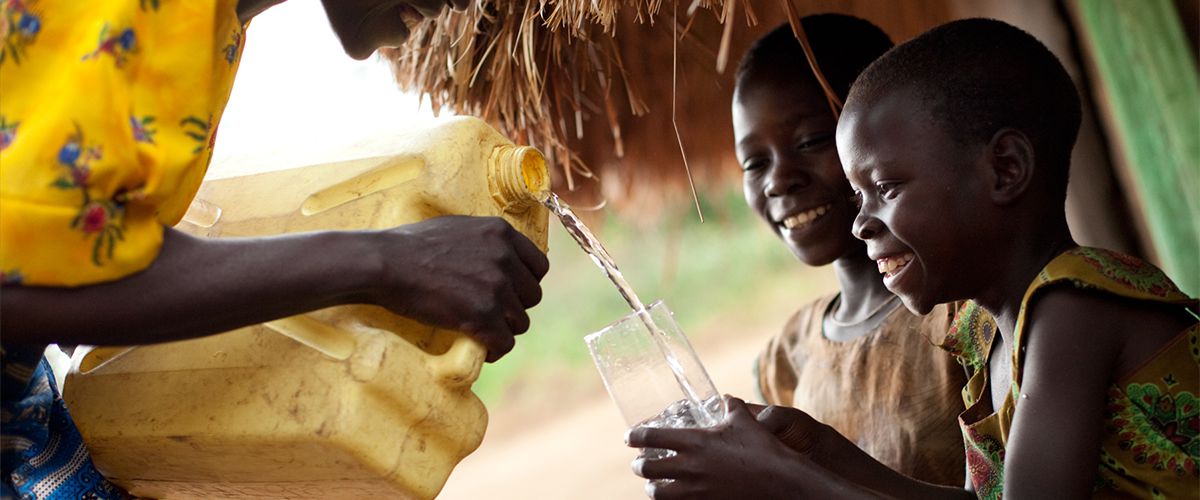The main item on the agenda was the unification in process between the Swedish Baptist Union and two other Protestant churches, the reformed Mission Covenant Church and the Methodist Church. All three confessions were founded in the mid nineteenth century as a result of a spiritual revival and as early as 1905 various concrete attempts at unification have been made. The Italian Baptist Union was called upon as a reciprocal agreement, first regarding members and ministers and then regarding ordinances has existed with the Waldensian and Methodist churches for over twenty years. As well as the President of the Union (and author of this article) present at the meetings was also Past. Massimo Aprile, secretary of the Department of Theology.
The General Secretary of the Swedish Baptists, Karin Wiborn, explained that the Common Future Project is a pressing issue in Sweden as about half of the Baptist churches are already united with other churches. Out of 215 Baptist churches, 55 are already working together with churches of the other two denominations involved in the unification project, while another 36 churches have formed other communions on a local basis. Furthermore, the young people of the three denominations are already united in one movement and are taking an active part in the present process of unification. “We are not seeking a unity which only faces the past”, added Wiborn, “but one able to imagine a missionary future together here in Sweden. In such a secularized country people are no longer aware of the differences which were once considered crucial. These differences, however, exist so what we want is to build a new church with a new name and a joint mission yet able to respect the specific contribution of us all.”
For the unification process to go ahead successfully (celebrations are planned for 2011 or 2012), various problems need to be faced. Six working groups have already been formed and are working on statements which will then be sent to the churches. The greatest theological problem concerns infant baptism and so-called “re-baptism”. Here the issues are the same as those which have emerged both in Italy and in the dialogue between the European Baptist Federation and the historical protestant churches in Europe. The Swedish churches are firmly convinced that this open question will not, however, prevent complete communion.
The Italian and Swedish delegations agreed on three principles. Firstly, that a bilateral or multilateral communion should not limit other forms of communion. This means that in Sweden the agreements which already exist between the Methodist, Reformed and Lutheran churches should not interfere with the present unification process. Secondly, the novelty and creativity evident in the agreement between the three denominations means that past history is not more important than future vision. Thirdly, that freedom of conscience should be upheld not only regarding baptism but also as far as inter church relations are concerned. Another open question, in fact, is how to find a balance between the independence of local churches and the interdependence of those churches in the new united church.
The visit to Sweden was marked by another important occasion, the official presentation of the Martin Luther King prize to a Swedish rap singer, Timbuktu who is very popular with young people and whose songs promote non-violence, inter-cultural issues and fight against poverty. The Swedish Baptist Union, together with other pacifist and humanitarian groups, has annually awarded this prize ever since 2003. The ceremony was brought to a close by a torch lit march through the snowy streets of Stockholm so that King’s message and vision for a just and caring world remains alive even in civilized Sweden.







